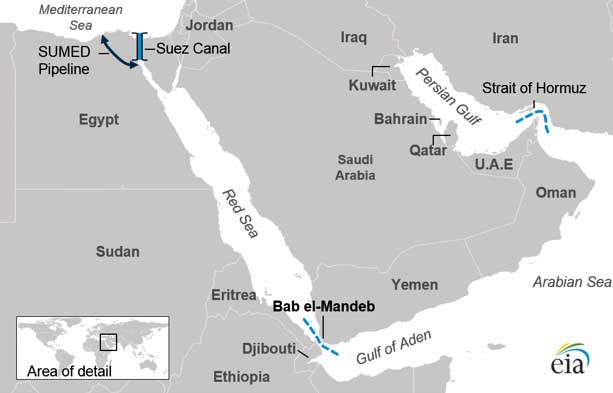
The devasting simplicity and exquisite righteousness of the Yemeni response to Israel’s ongoing mass murder has caught the imagination of all right-thinking people whatever their race, creed, colour or patch of dirt they call their beloved country. Since definitions matter, as any scientist will tell you, I should add that by ‘right-thinking people’ I mean people who believe genocide A Bad Thing, and efforts to stop it A Good Thing.
Since this definition excludes, alas, some of the most powerful interests on the planet, together with their morally insane hired monkeys, the vacuum has had to be filled by the group we call the Houthis. Rarely in this Vale of Tears do the forces of Light – I confine this descriptor to the context, literally and metaphorically narrow, of their deeds at the Bab el-Mandar chokepoint – wield such deliciously poetic leverage over those of Darkness.
It amuses me to call it chutzpah.
But who are the Houthis? Here for your instant erudition I’ve plucked from cyberscurity two videos, neither of them long, which in their very different ways address the question head on.
First, from Democracy Now, is Helen Lackner – author of Yemen, Poverty and Conflict and an expert on that country for more than half a century. Her answer takes just thirteen minutes and thirty-eight seconds of the grippingly lucid.
My second offering, from Turkish Radio & Television (TRT), is sumptuously shot. It also delivers, in eye-popping granularity, glimpses of the daily struggles of Yemenis on both sides of a civil war the world has forgotten. Need I say more? Only that given its brevity – 25:21 – how could you live with yourself after passing on it?
As an optional bonus I’m throwing in something not obviously political. In fact it could be seen as downright geeky, from the seductive allure of its title – Why are no large container vessels sailing to the United States? – to its delivery by ageing baldie droning on about container sizes, canal widths, port depths and a short history of maritime evolution since WW2.
Except he doesn’t drone on. This is not only fascinating boy-stuff. It implies, even if its excellent presenter shows precious little sign of recognising the fact, the fatal weaknesses – product of an ascendance in the USA of rentier capital discussed often on this site – of a nation whose rulers no longer know, or care, how to look after the interests of a manufacturing economy.
* * *

4 Replies to “Who are the Houthis?”